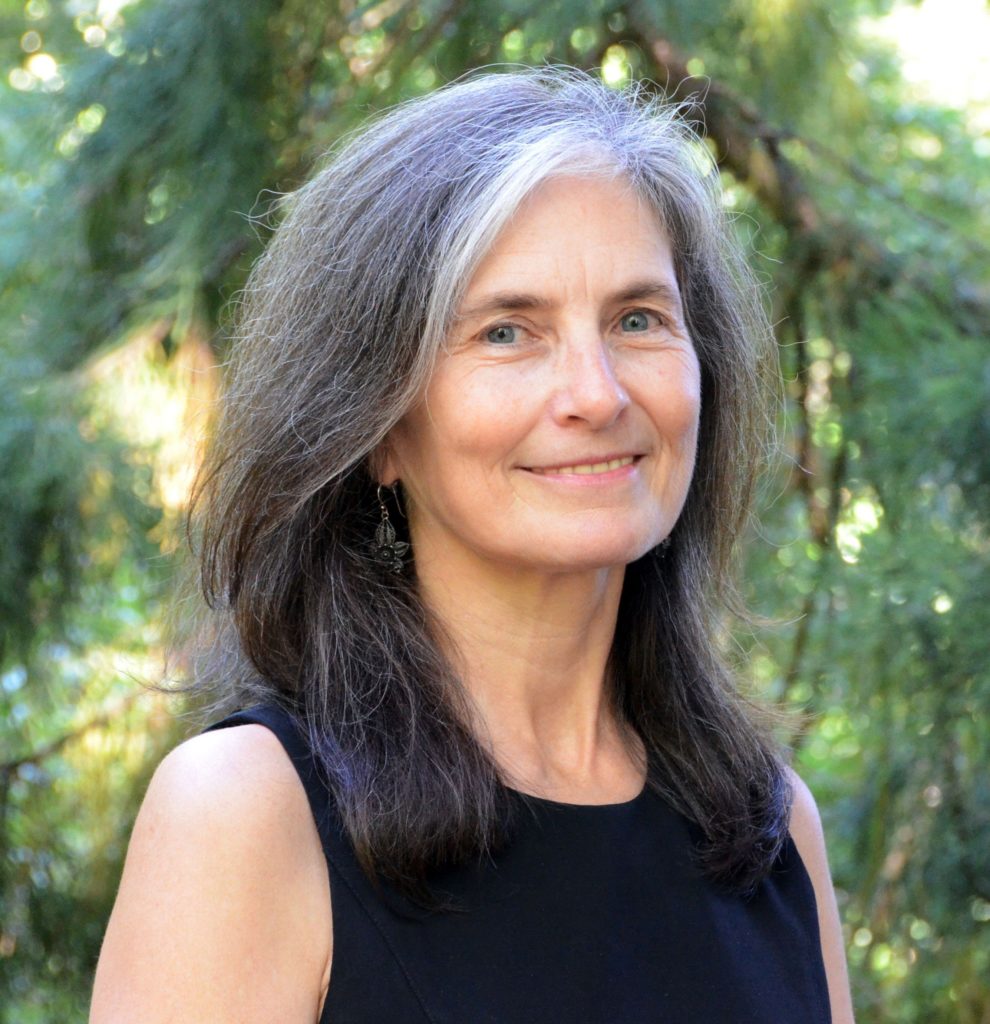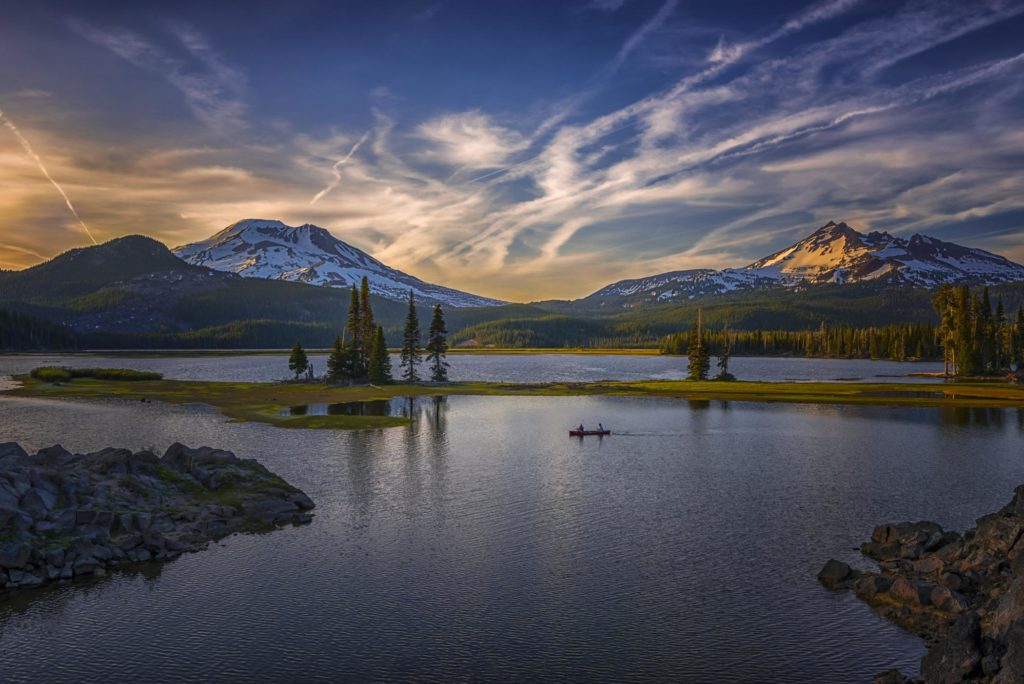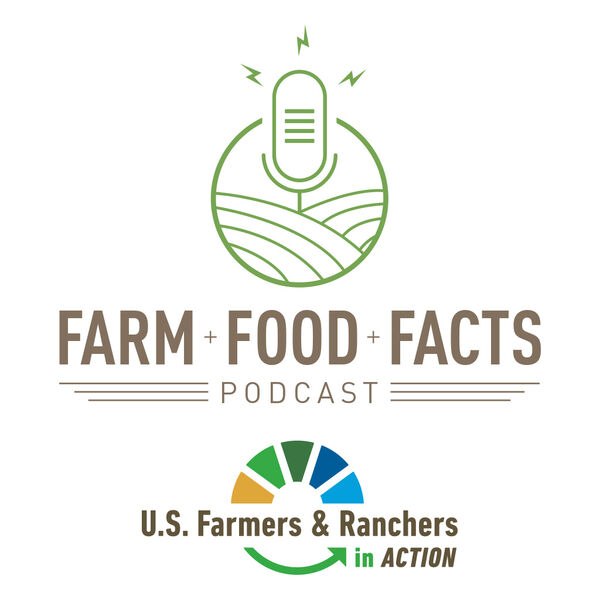The USN4C Blog will regularly feature blog posts written by members of the U.S. Nature4Climate Steering Committee highlighting the reasons their organization chose to join the U.S. Nature4Climate coalition. This month’s post is written by Cathy Macdonald, The Nature Conservancy’s North America Director of Natural Climate Solutions and the Chair of the USN4C Steering Committee.

Growing up in Oregon, I developed a lifelong love of natural and working lands – from exploring Oregon’s coastal estuaries, rafting Oregon’s many rivers, and climbing Oregon’s iconic Cascade Mountains, to picking strawberries and cherries in summers to earn my first paychecks, and planting trees to help the Tillamook State Forest heal from major wildfires. Working for The Nature Conservancy, I have been able to carry my passion for the outdoors into my career. And in my time working for The Nature Conservancy, I have learned two important lessons.
First and foremost, I know the natural places I cherished as child and have worked to protect these past decades are at increasing risk to due to climate change. The Nature Conservancy (TNC) has long recognized the enormous impact climate change will have on our mission – to conserve the lands and waters on which all life depends. That is why we support strong, comprehensive action to address the climate challenge.
There is no question that, to avoid the irrecoverable impacts of climate change we need to reduce greenhouse gas emissions across all energy and industrial sectors. But we won’t ultimately succeed unless we also unlock the power of our forests, farms, grasslands and wetlands to naturally remove carbon from the atmosphere and store it in plants and soils.

Our country’s natural and working lands already reduce total U.S. emissions by 11 percent. By increasing our investment in the protection and restoration of native habitats and managing our country’s forests and farms in ways that store more carbon, we could more than double the contribution natural and working lands make to address climate change.
In addition to their climate benefits, these “Natural Climate Solutions” help enhance soil health and agricultural productivity, improve water and air quality and provide landowners and surrounding communities with jobs and new sources of income. These practices also help preserve our nation’s rich biological diversity. In short, Natural Climate Solutions help The Nature Conservancy fulfill our vision of a world where people and nature thrive.
The second thing I have learned during my career with TNC is that the best solutions to conservation challenges happen when diverse stakeholders work together. That’s why The Nature Conservancy joined forces with environmental, agricultural, conservation and sustainable business organizations to create the U.S. Nature4Climate Coalition.
The purpose of our coalition is to elevate the role Natural Climate Solutions can play as a critical component of a comprehensive climate action plan for the U.S.
Despite the enormous contribution Natural Climate Solutions can make to improve our environment, our livelihoods and our climate outlook, the power of natural and working lands are too often overlooked.
Through the U.S. Nature4Climate coalition we can share the best information on the role that natural and working lands can play and use our extended networks to educate others involved in addressing climate change about the untapped potential of Natural Climate Solutions. Our coalition serves as a force multiplier in our efforts to marshal nature in efforts to slow climate change.
If you are interested in learning more about our coalition, please sign up for our monthly newsletter.
Catherine Macdonald is the North America Director of Natural Climate Solutions at The Nature Conservancy and the Chair of the USN4C Steering Committee.


